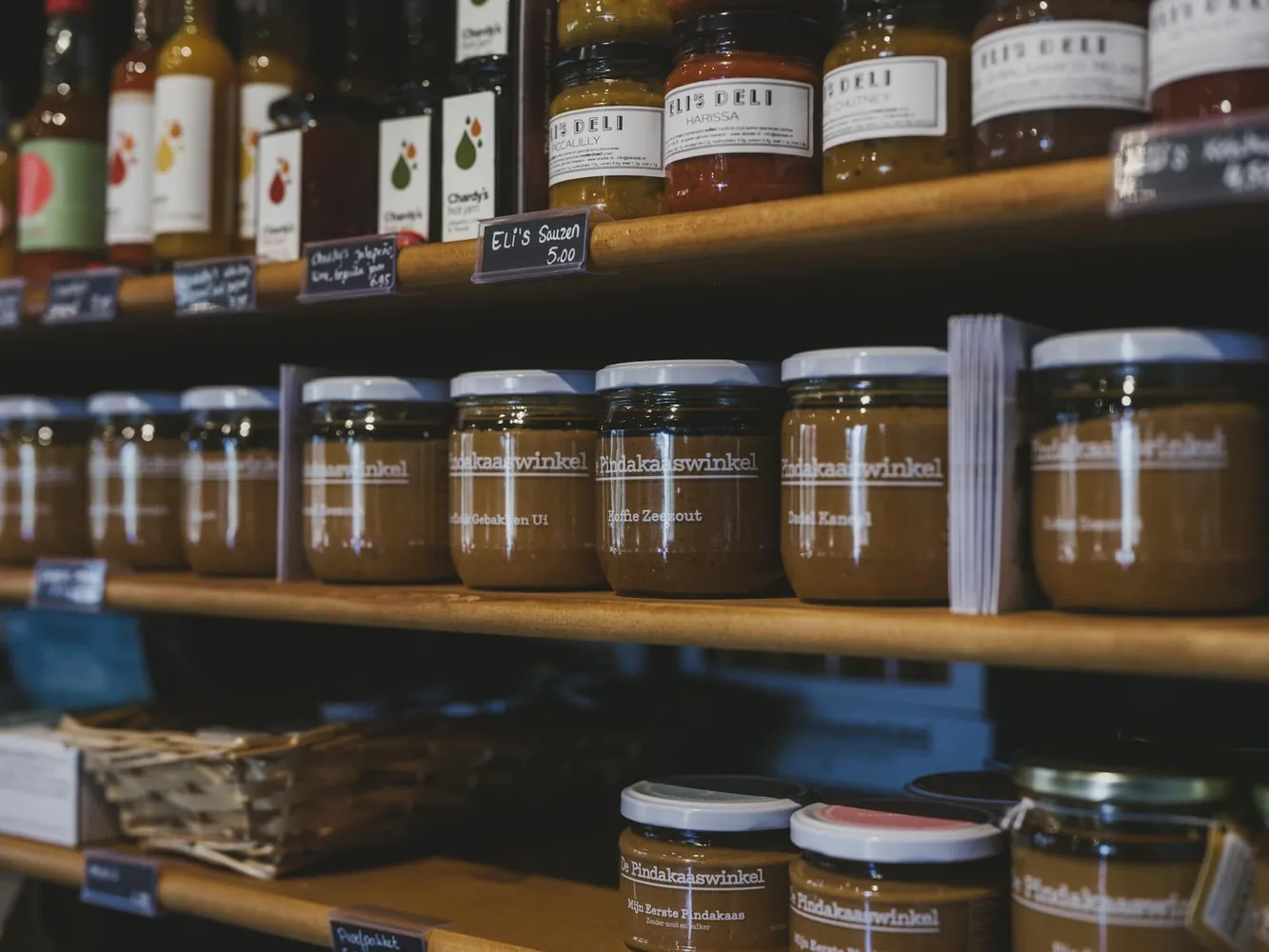Making Informed Decisions: Sauce Comparison Between Homemade and Store-Bought

The Importance of Sauces in Culinary Experiences
Sauces are the silent heroes in culinary creations, capable of transforming a simple dish into a memorable dining experience. Whether you're drizzling homemade balsamic glaze over roasted vegetables or topping your pasta with a rich, store-bought marinara, the sauce is often the element that ties everything together.
Choosing between homemade and store-bought options can be perplexing. This article dives deep into the essential factors to consider when deciding which sauce to use in your cooking endeavors.
Flavor: The Heart of the Matter
Homemade Sauces: Crafting Unique Taste Profiles
When you create a sauce from scratch, you're in control of every ingredient, allowing you to fine-tune flavors to your liking. For instance, a homemade tomato sauce offers flexibility in the type of tomatoes used—whether canned San Marzano or fresh plum tomatoes—alongside herbs, spices, and other flavor enhancers like garlic and onions.
Another example is a homemade pesto sauce. You might opt for traditional basil, but experimenting with arugula or kale can offer new, exciting flavor profiles. Adjusting the amount of garlic or cheese can further customize the sauce to suit specific tastes.
Store-Bought Sauces: Consistency and Variety
Store-bought sauces offer convenience and consistency. Brands have perfected their recipes over years, ensuring that each jar tastes the same. This predictability can be comforting; if you've found a particular Alfredo sauce you love, you know exactly what you're getting each time.
The trade-off for consistency is that you're limited to the flavor profiles available. While many brands have expanded their range—offering organic or spicy versions—the core recipe remains fixed. This is ideal for those who prefer not to experiment but can feel limiting for adventurous cooks.
Cost Considerations
The Price of Convenience
Store-bought sauces can vary significantly in price. Premium brands offering gourmet ingredients or organic labels will command higher prices, while more basic offerings remain budget-friendly. On average, a jar of store-bought sauce ranges from $3 to $8 depending on quality and brand.
The Economics of Homemade Sauces
Homemade sauces can be more cost-effective, especially if you already have essential ingredients on hand. A batch of homemade tomato sauce primarily requires tomatoes, garlic, onions, and olive oil—all inexpensive staples for most households.
However, certain sauces might incur higher costs if they require specialty ingredients. For example, making an authentic béarnaise sauce requires tarragon and shallots, which may not be typical pantry items for everyone.
Convenience: Time Versus Effort
Time Investment in Homemade Creations
Creating a sauce from scratch demands both time and effort. This process involves chopping ingredients, cooking the sauce to the right consistency, and potentially blending or straining elements for a smooth texture. For instance, simmering a tomato sauce to allow flavors to meld can take upwards of an hour.
The upside is that this time investment results in a fresh product free from preservatives and with full control over sodium and sugar levels—an attractive option for health-conscious individuals.
The Speed of Store-Bought Solutions
For those with busy lifestyles or less interest in cooking intricacies, store-bought sauces provide instant gratification. Open a jar and within minutes, your dish is ready. This aspect makes them invaluable for quick weeknight meals or last-minute gatherings.
It's worth noting that even among store-bought options, there are variances in preparation times. Some products, such as a ready-to-eat chimichurri sauce, are direct from jar to plate, whereas others might require heating or additional seasoning to taste.
Health Factors: Ingredients and Nutrition
Control Over Ingredients in Homemade Sauces
One significant advantage of making sauces at home is the ability to control ingredient quality and nutritional content. Homemade sauces allow you to choose fresh, organic ingredients and adjust seasoning levels to reduce sodium or sugar content—a critical factor for those managing dietary restrictions.
A study on sodium intake suggests that consuming home-cooked meals leads to an average reduction of sodium consumption by 30% compared to relying solely on processed foods.[1]
Nutritional Content in Store-Bought Variants
While convenient, store-bought sauces often contain preservatives and high levels of salt or sugar to enhance flavor and prolong shelf life. Consumers should be diligent about reading nutritional labels to ensure these products meet their dietary needs.
- Sodium Content: Can range from 200mg to 600mg per serving.
- Sugar Levels: Particularly in tomato-based sauces, which may contain added sugars.
Brands are responding by offering low-sodium or no-sugar-added options, though these can come at a premium price point.
Sustainability and Environmental Impact
The Eco-Footprint of Homemade Sauces
Making your own sauces can reduce waste through reusable containers and buying ingredients in bulk or from local sources. This practice supports sustainable farming practices and reduces carbon emissions associated with transporting packaged goods long distances.
The Environmental Cost of Store-Bought Options
Store-bought sauces contribute more significantly to packaging waste and environmental impact due to plastic lids, glass jars, and transportation emissions. However, many companies are beginning to address these issues through recyclable packaging and carbon offset initiatives.
Consumers interested in reducing their footprint may prioritize brands committed to sustainability or explore bulk-buying opportunities from local stores where possible.
Conclusion: Making the Right Choice for Your Kitchen
The decision between homemade and store-bought sauces ultimately hinges on personal preferences around flavor, cost, convenience, health concerns, and environmental impact. For some, the joy of crafting a bespoke sauce at home outweighs the convenience offered by commercially prepared options. For others, time constraints make ready-made sauces indispensable.
The key is understanding what aligns best with your lifestyle and culinary goals. Perhaps trying both methods could enhance your appreciation for each one's unique advantages—and keep your meals interestingly varied.